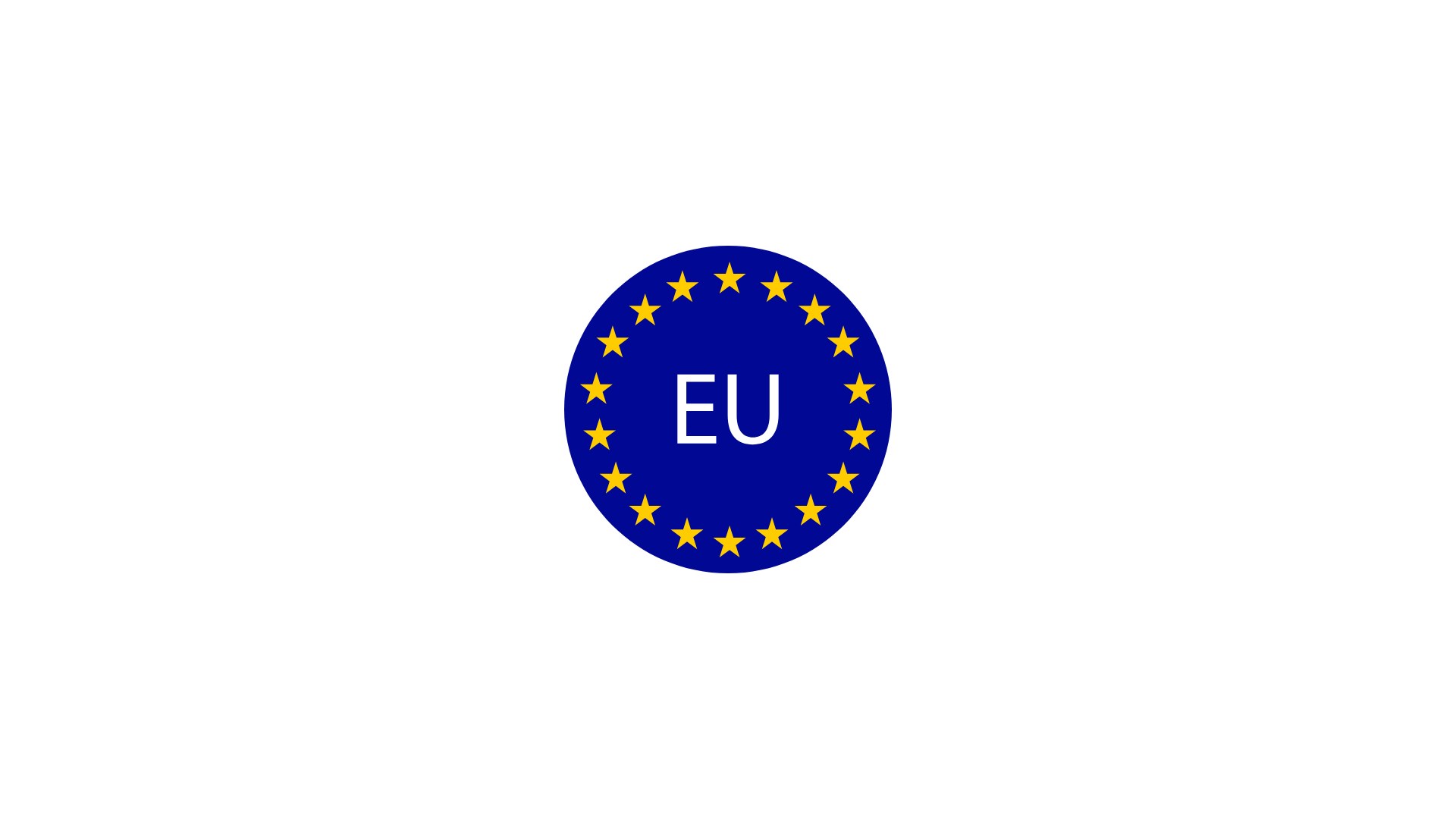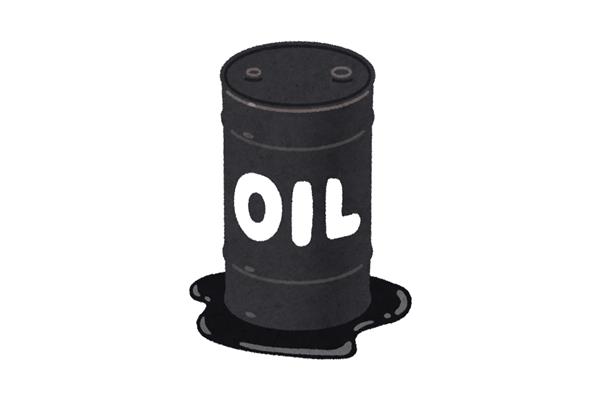The Russia-Ukraine conflict has a cascading effect on global food and energy security. Both nations played a massive role as exporters of key commodities. The conflict has resulted in the creation of volatility in energy security, besides disrupting the global food supply chain.
Food Security: The Breadbasket Blockade
Ukraine is also known as the "breadbasket of Europe.” Russia and Ukraine combined, annually export a huge portion of grains, oilseeds and fertilizers. The conflict has a direct impact on food and energy.

Impact on food security
- Wheat
- Before the war, Russia and Ukraine accounted for about one-quarter of the world's exported wheat.
- Russia blockaded Ukrainian ports on the Black Sea. The move resulted in preventing the export of huge quantities of wheat through this important sea route.
- Global food prices dramatically surged as a result of this shock.
2. Sunflower Oil
- The two nations account for over 75% of the world's sunflower oil exports. The conflict has a direct impact on the global free flow of this essential refined oil.
- With supply not reaching the intended consumers, the demand for alternatives like palm or soybean oil saw an all time high in many pockets of the world.
3. Fertilizer
- Russia exports fertilizers and natural gas, which helps make nitrogen-based fertilizers. Exports dropped and sanctions imposed on this nation, resulted in a spike in fertilizer prices worldwide.
- For several farmers, fertilizers became unaffordable.
- Agriculturists tapered their usage which in turn resulted in lower crop yields and higher food prices.
- This vicious cycle brings with it a long-term impact on the world food supply chain.
Alarmingly high dependency on Russia and Ukraine for food supply has costed nations dearly
- Countries whose dependency on the two war-torn nations for food supply is high are the ones severely impacted. Regions in the Middle East and North Africa who imported more than half of their cereal from the two nations, were battling a food affordability crisis.
- The Black Sea Grain Initiative, an understanding facilitated by the UN and Turkey offered respite, paving the way for Ukrainian grain shipments to flow. However, trouble escalated when Russia distanced itself from the understanding and attacked its enemies' infrastructure with missiles.
Energy Security: Europe’s Reckoning

Experts echo the sentiment that the energy fallout, which arose against the backdrop of the conflict, is arguably the biggest in many decades. The shift has altered the lives of many individuals and the economies of nations who relied on Russia for its oil and natural gas.
- The Natural Gas Pivot
Before the conflict, the European Union (EU) depended on Russia for nearly 40% of its natural gas imports. Russia manipulated this dependence, in a phased manner, by cutting down the pipeline gas that flows to several European countries.
- Energy Crisis
This move triggered an aberrant energy crisis across Europe. Natural gas prices hit the roof, sparing no one, ordinary households were hit hard and energy-intensive industries were mercilessly crushed.
- European nations find their way
With the situation showing no signs of improvement, European nations had to act fast to prevent the energy crisis from going out of hand. Renewable energy projects were fast-tracked and the import of Liquefied Natural Gas (LNG), mostly from the U.S. and Qatar increased many-fold. Reliance on Russian pipeline gas dropped to a comfortable approximate 10% from a whopping 40%. After about two years, the EU saw light at the end of the dark tunnel.
- Oil Barter Redirection
Global oil markets underwent a reshuffle because of sanctions imposed by the west. Furthermore, with the intention to cripple its source of income, a price cap on Russian oil was announced.
- Global Price Volatility
With the supply chain disrupted, crude oil prices spiked in 2022. However, implementation of production adjustments and stock releases resulted in cost correction. Market stability continued to remain brittle.
- The Pivot to Asia

Reacting to the developments, Russia began selling huge quantities of oil to India and China at a discounted price. Alongside saving in billions, India became the major buyer of Russian crude oil. Thus, Russian oil continued to flow in the global markets. However, shipping trade routes were altered and trade relationships between nations were rewritten.
The Green Acceleration
The oil and energy crises brought with it the push for embracing clean energy. With the aim to be “energy secure”, nations implemented domestic energy production. Countries diverted huge portions of their investments in solar, wind, and heat pump technology, to avoid being victims of disruption of energy, if one may arise in the future.
Unraveling Global Interconnectedness
The conflict disrupted shipments globally and did more than that. It exposed countries of the world to the harsh reality of the fragile system of interdependence and interaction among nations, besides bringing with it inflation and trade fragmentation.